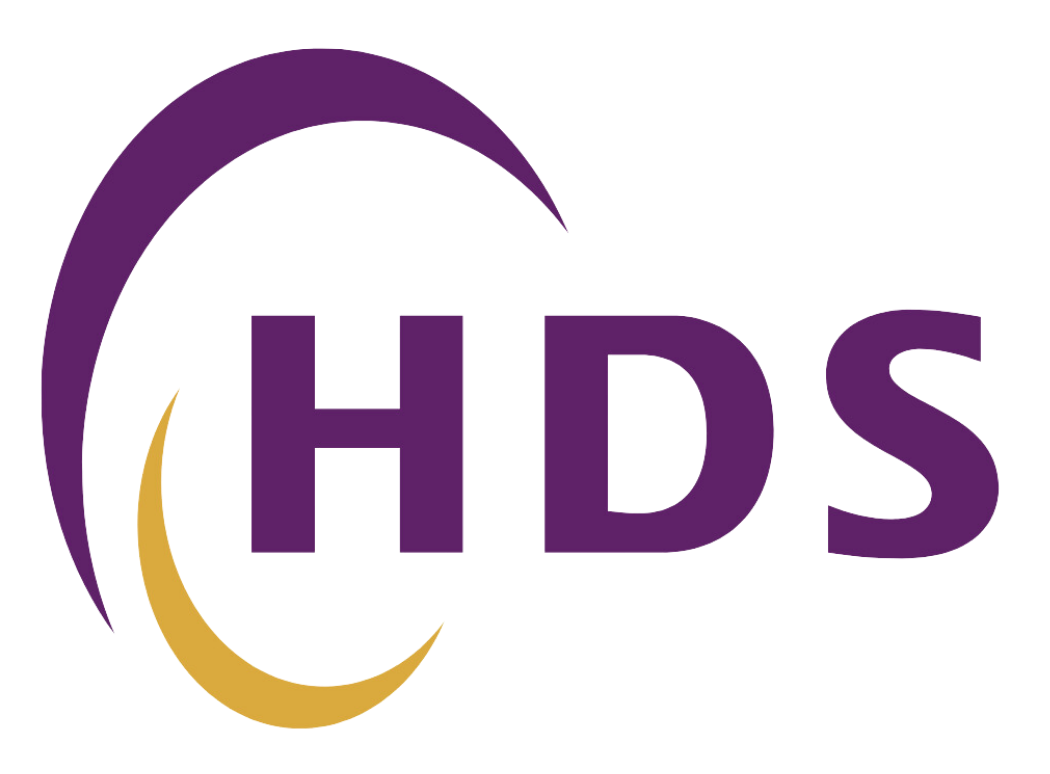Programs
Interpreting Services
At HDS, we offer comprehensive sign language interpretation services for effective communication in various settings. Our skilled interpreters ensure that everyone can engage and connect, enhancing accessibility for individuals who are deaf or hard of hearing.
Interpreters are on call 24 hours a day, 7 days a week, 365 days a year. During emergencies, we have been able to have an interpreter on site in an hour or less.
Contact: John Blasco, Interpreting Services Director, jjblasco@hdscenter.org
Many deaf people rely on sign language as their primary mode of communication. Just like English, sign language has many forms and dialects, depending on a person’s background, education, geography, and the age at which they became deaf. However, significant differences in the grammatical structure of the two languages often create communication gaps.
Sign Language interpreters bridge the communication barrier between hearing and deaf persons by conveying the purpose, thought, and spirit of the message in a consumers’ preferred mode of communication from oral transliterating to American Sign Language.
The Americans with Disabilities Act (ADA), gives persons who are deaf or hard of hearing the right to accessible communication. In many situations, this calls for qualified interpreters to facilitate interactions between persons with a hearing loss and hearing persons. The ADA mandates that public or private entities are responsible for providing this accessibility.

